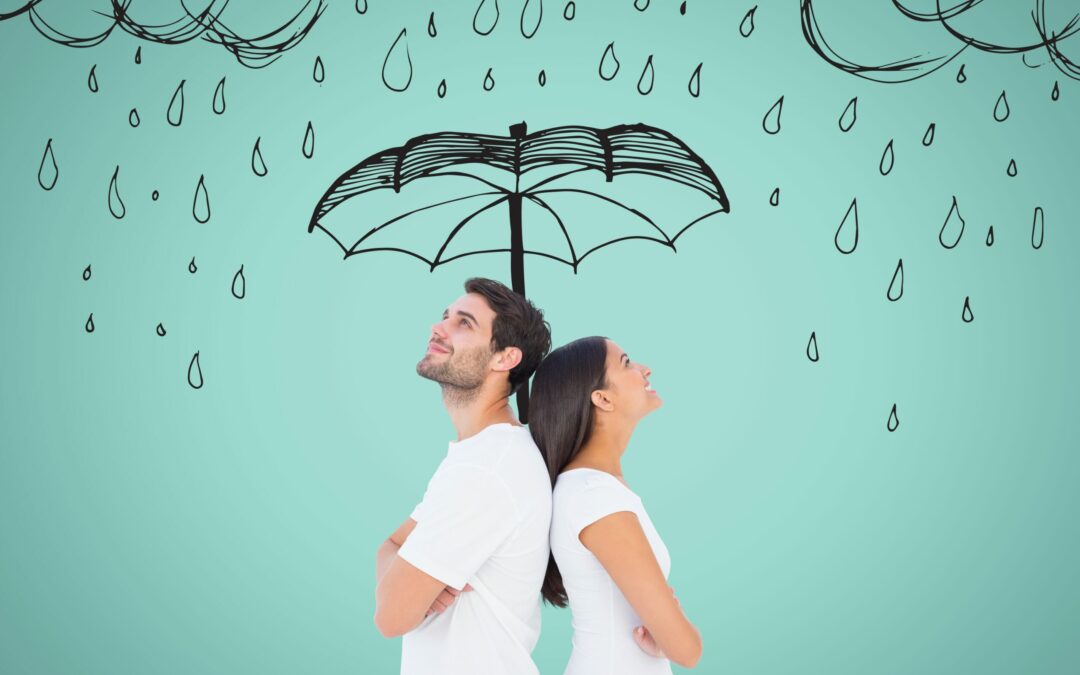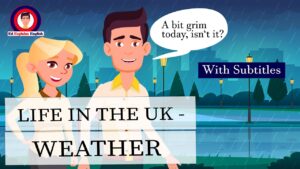I have defined some of the words (underlined) in the blog post, which you can add to your Personal Dictionary. Click on the Excel icon to download the word list to your PC or mobile device, which you can thereafter import into your Personal Dictionary. They are also listed below.
Scroll down to the bottom for links to a video, crossword and word search using words from this post.
Conversely: A contrasting or opposite way
Rhetorical: Language or speech that is used to persuade or influence, often without the expectation of a response
Stereotype: A widely held and oversimplified idea or image of a particular group or individual
Irk: Annoy or irritate someone
Audacity: The willingness to take bold risks or to behave in a daring or fearless way
Requisite: Necessary or essential for a particular purpose
Ascertain: Determine or discover something with certainty
Aforementioned: Something that has been previously mentioned or discussed
Perception: The way in which something is interpreted or understood by an individual or group
Etymology: The study of the origin and history of words and how their meanings have evolved over time
Plausible: Seemingly reasonable or believable
Deem: Consider or judge something in a particular way
Thatched: A roof or structure that is covered with dry vegetation such as straw, reeds, or leaves
Water resistant: A material or substance that is able to resist or repel water to some extent
Greasy: Oily or slick to the touch
Imagery: The use of descriptive language or visual elements to create a mental image or impression
Today’s topic is possibly one of the most neutral discussion themes I could write about, yet conversely an important one too. I’m certain you have often heard or used yourself, the classic rhetorical phrase, ‘it’s a lovely day, isn’t it? It’s a wonderful way to start a conversation with a stranger, or to avoid silence during small talk.
One stereotype of England is that it always rains. Certainly, we do get our fair share of the wet stuff, but always?! I remember back to a time when I worked at a language school, a fellow teacher stormed into the staff room, without greeting any of us, and began typing wildly on the keyboard of the only PC we had that was connected to the internet – well, it was the late 1990s! I was mildly curious to know the reason my colleague was so irked and learnt that one of his students had had the audacity to criticise the weather in London. In the following 5 minutes, he accessed websites to get the requisite information he needed to defend the honour of his home city. In a few clicks he had ascertained that although our capital had over 100 rainy days per annum, it actually had less rainfall than Paris, Brussels, Berlin, Amsterdam, Lisbon and even Rome. Admittedly, the amount of sunshine we get is less than the aforementioned cities, but the point in question was rainy weather.
Perhaps one of the reasons for foreigners’ perception of British weather is that the first idiom most learn is ‘it’s raining cats and dogs’, which indicates heavy rain. Like most idioms, the etymology is unclear, but one plausible explanation, which has been deemed false by linguists, is that on rainy days in the 16th century, cats and dogs that had bedded down on straw roofs, fell off due to the sudden slippery surface. The experts claim that it is unlikely that the animals would seek shelter outside and moreover, thatched roofs were naturally water resistant and therefore not greasy. However, the imagery of the poor pets falling to the floor is what I think about when we have a heavy rain shower.
I leave you today with some of the possibly lesser-known vocabulary you can use to talk about the weather.
Adjectives
Chilly – uncomfortably or unpleasantly cold
Cloudy – covered with or characterised by clouds
Foggy – full of or characterized by fog
Hazy – covered by a haze
Frosty – very cold, with frost forming on surfaces
Misty – full of, covered with, or accompanied by mist
Bright – giving out or reflecting much light; shining
Blazing – very hot
Drizzling –raining lightly
Gloomy – dark or poorly lit; not
Blustery – characterised by strong winds
Muggy – unpleasantly warm and humid
Overcast – marked by a covering of grey cloud; dull
Humid – marked by a relatively high level of water vapour in the atmosphere
Balmy – characterised by pleasantly warm weather
Nouns
Precipitation – rain, snow, sleet, or hail that falls to or condenses on the ground
Flood – an overflow of a large amount of water beyond its normal limits, especially over what is normally dry land
Downpour – a heavy fall of rain
Drought – a prolonged period of abnormally low rainfall, leading to a shortage of water
Drizzle – light rain falling in very fine drops
Condensation – water which collects as droplets on a cold surface when humid air is in contact with it
Dew – tiny drops of water that form on cool surfaces at night, when atmospheric vapour condenses
Gust – a sudden strong rush of wind
Gale – a very strong wind
Hail – pellets of frozen rain
To test your knowledge, why not do a crossword puzzle, using words from this text?
Click here for instructions on how to play.
To test your knowledge, why not do a word search puzzle, using words from this text?
Click here for instructions on how to play.
To avoid spam, all comments will be held for moderation and posted once checked. All comments whether positive or negative will be published.



